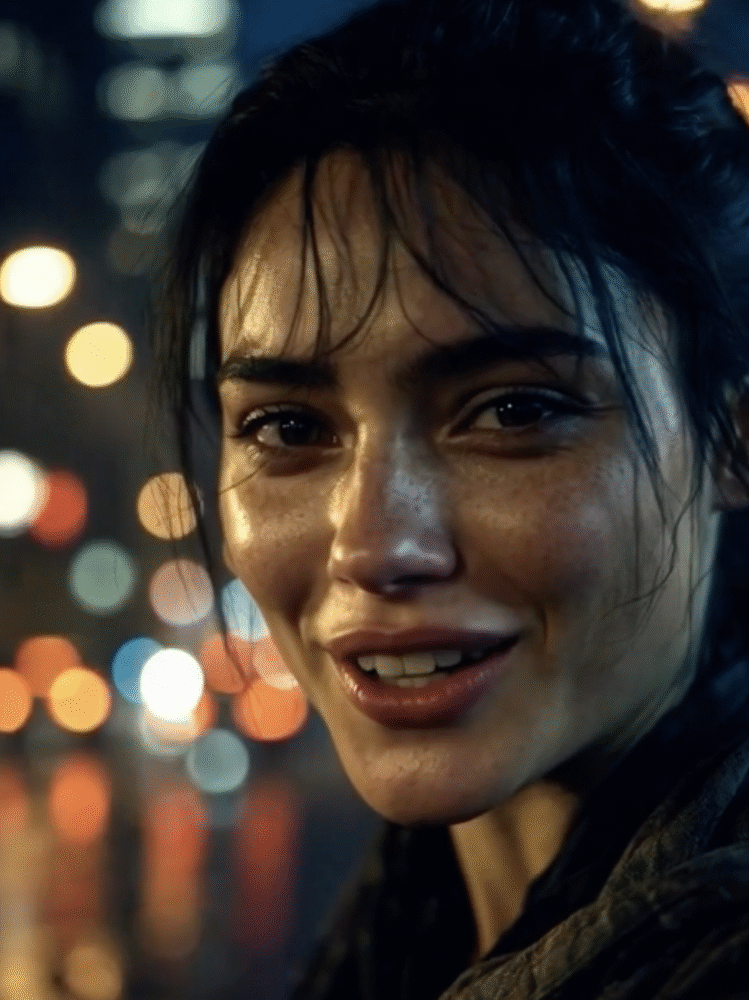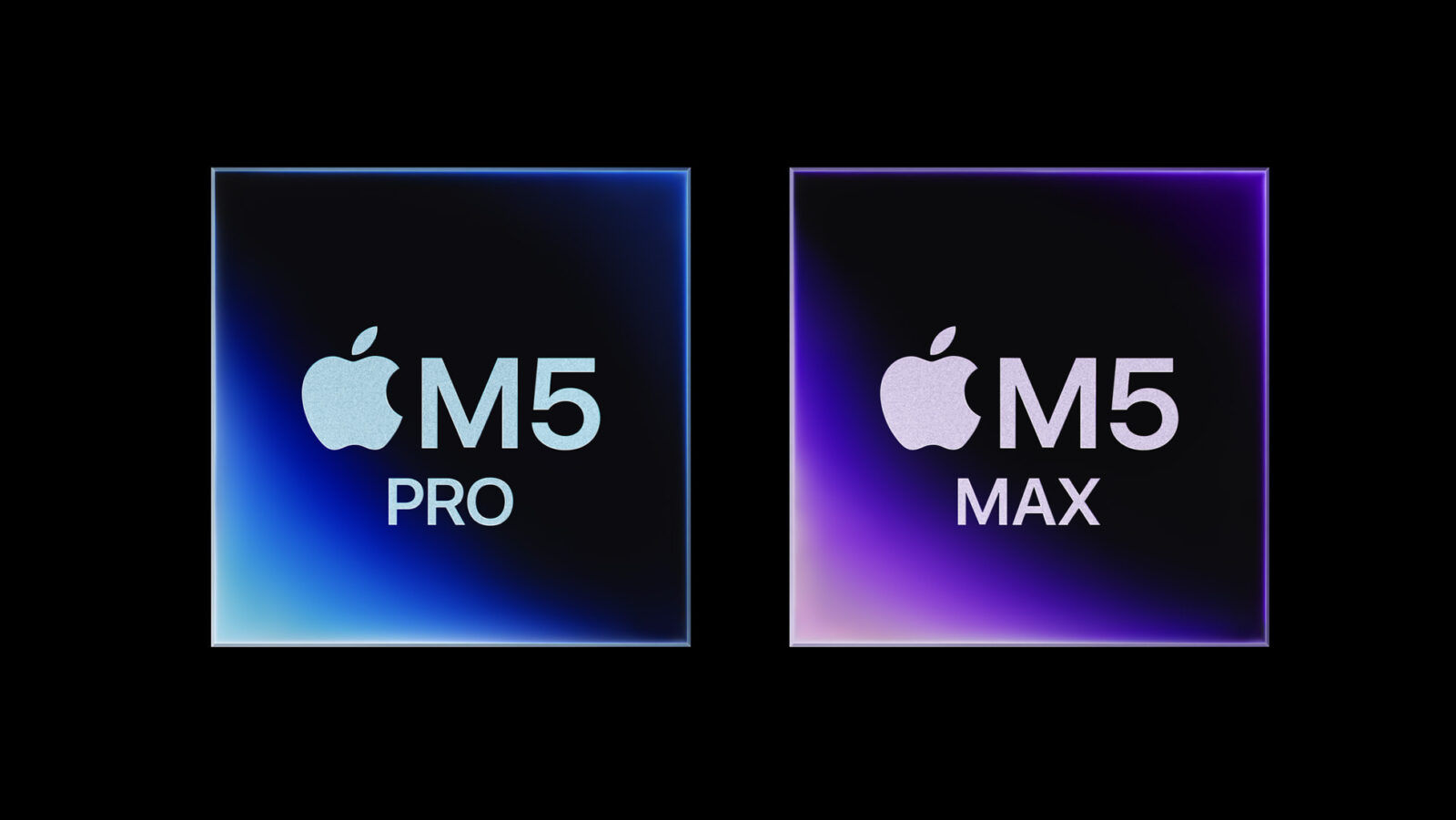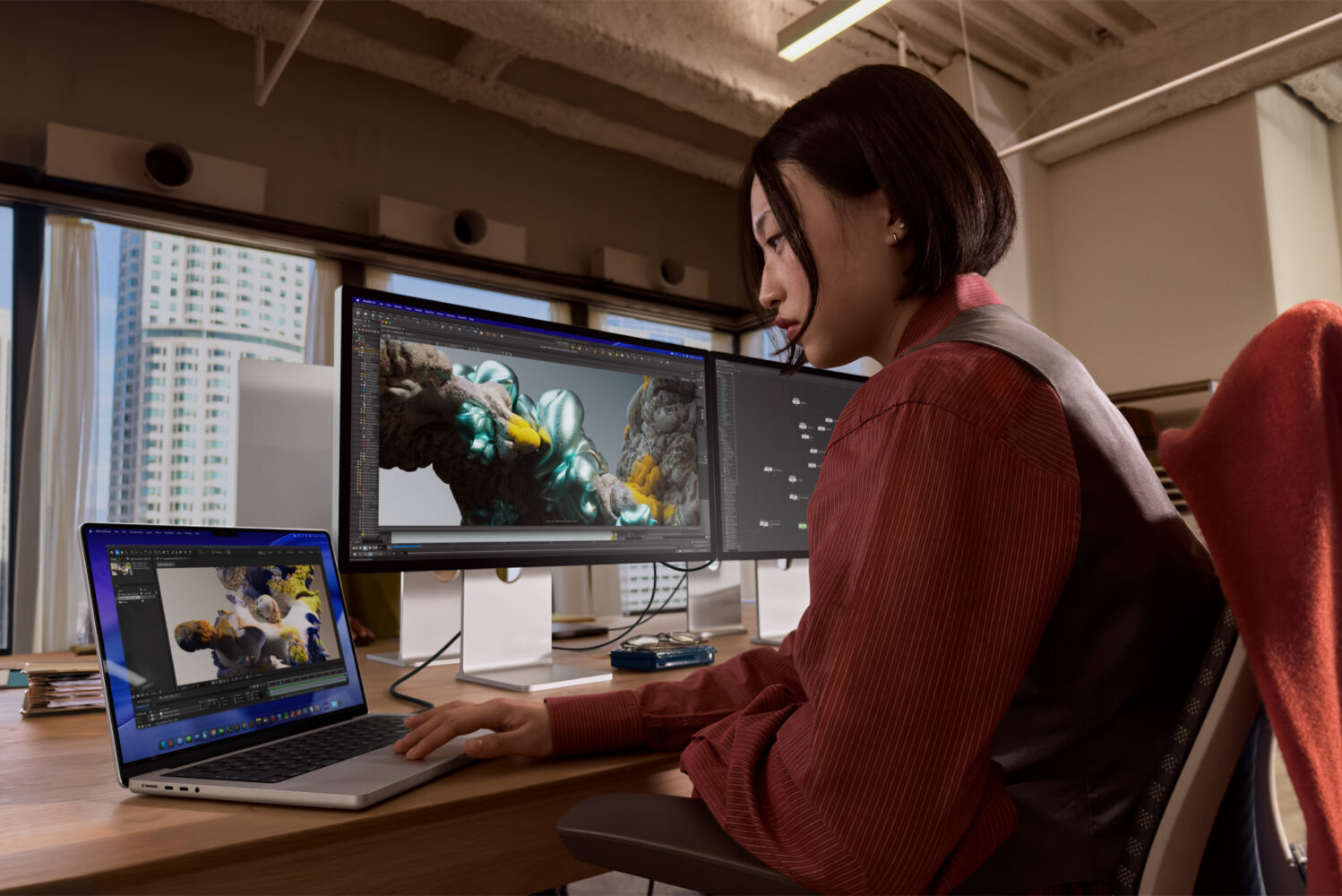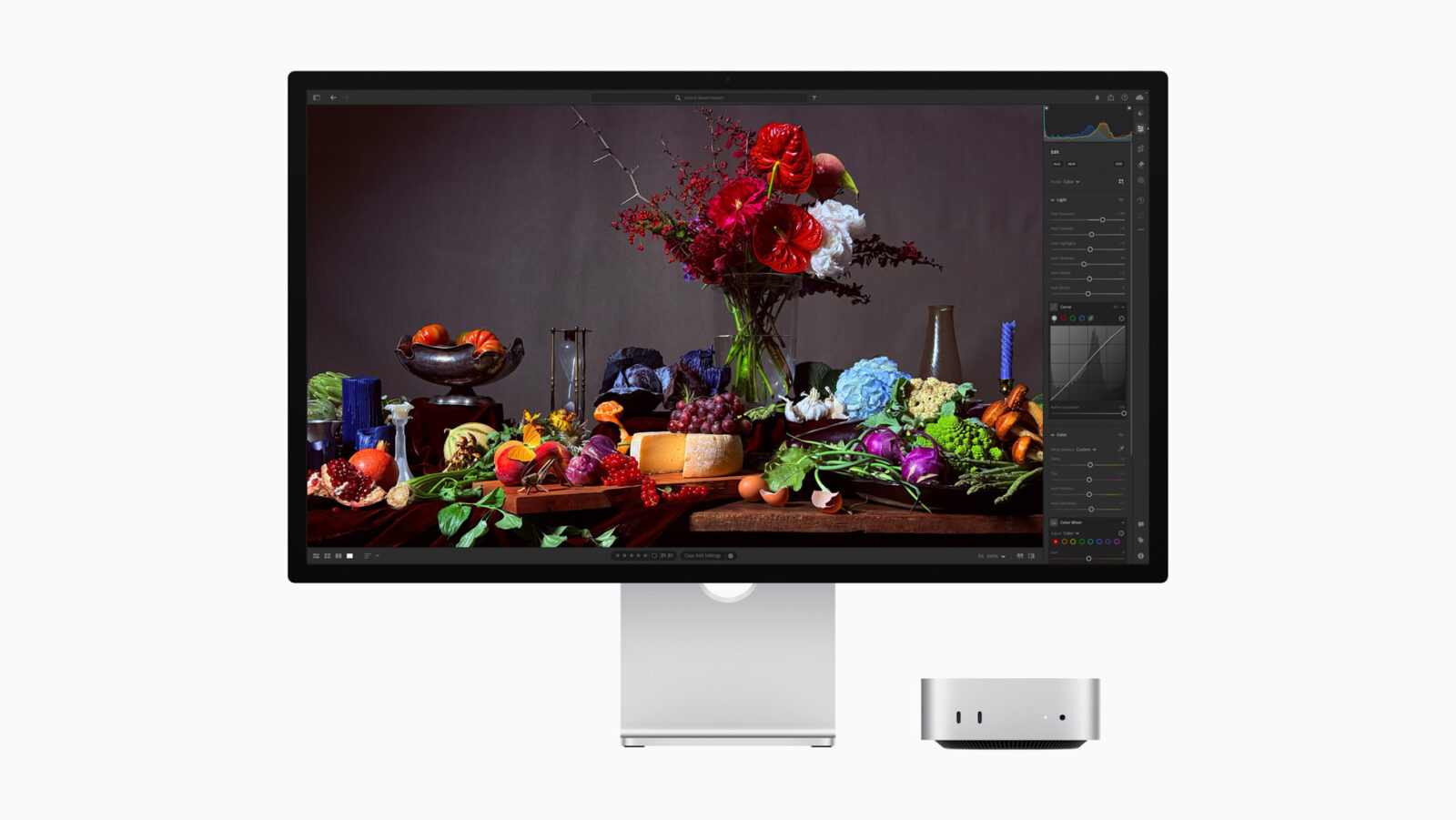After Tesla shareholders approved a compensation package reportedly worth up to $1 trillion, CEO Elon Musk spent the weekend posting AI-generated videos on his social media platform X. Early Saturday morning, at a time stamp of 4:20 a.m. EST, Musk shared a short video created with Grok Imagine, the new photo and video generator developed by his company xAI.
According to Musk, the video came from his own prompt: “She smiles and says, ‘I will always love you.’” The result shows a digital woman standing on a rainy street, softly delivering the line in an unmistakably artificial voice.
Roughly 20 minutes later, Musk posted another AI clip—this time depicting actress Sydney Sweeney saying, “You are so cringe.” The voice, however, bore little resemblance to Sweeney’s actual tone, and the post quickly drew attention for its odd humor and use of an AI-generated likeness of a real person.
While AI-generated art and relationships with virtual companions have become more common online, Musk’s “always love you” video struck a particular chord with users on X. Many interpreted it as unintentionally revealing, with one commenter calling it “the most divorced post of all time” and another dubbing it “the saddest post in the history of this website.”
Grok Imagine prompt:
— Elon Musk (@elonmusk) November 8, 2025
She smiles and says “I will always love you” pic.twitter.com/cjDu3MuDCZ
The broader backlash, however, came not from anonymous users but from novelist Joyce Carol Oates. In a thread responding to discussions about Musk’s massive pay package and his interactions with political critics, Oates remarked that Musk “never posts anything that indicates that he enjoys or is even aware of what virtually everyone appreciates,” referencing ordinary expressions of joy such as art, nature, or friendship. She continued that “the poorest persons on Twitter may have access to more beauty and meaning in life than the most wealthy person in the world.”
Musk’s response was characteristically direct: “Oates is a liar and delights in being mean. Not a good human.”
The exchange underscores the strange blend of spectacle, power, and personal projection that has come to define Musk’s online presence. While Grok Imagine’s capabilities reflect the growing sophistication of AI video tools, the posts also highlight the increasingly blurred line between technology demos and personal expression in the digital era. For critics, Musk’s Grok experiments seemed less about innovation and more about revealing the loneliness and self-conscious humor that often define his online persona.







